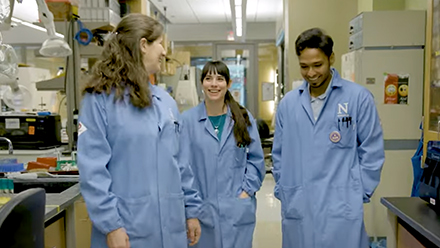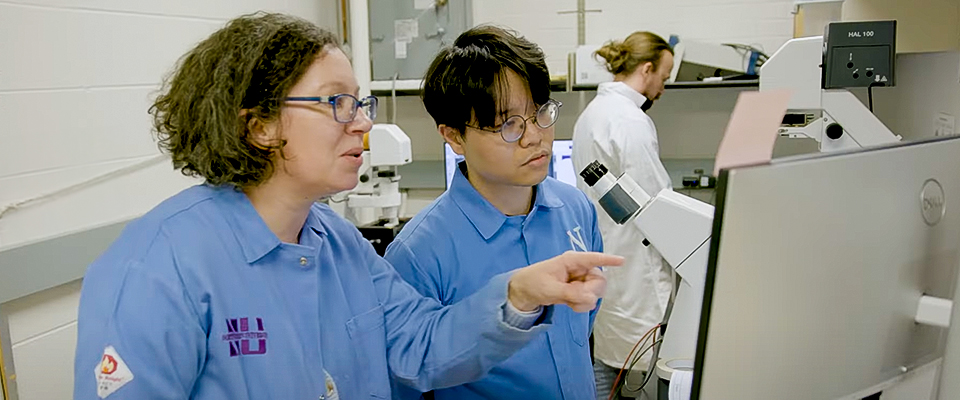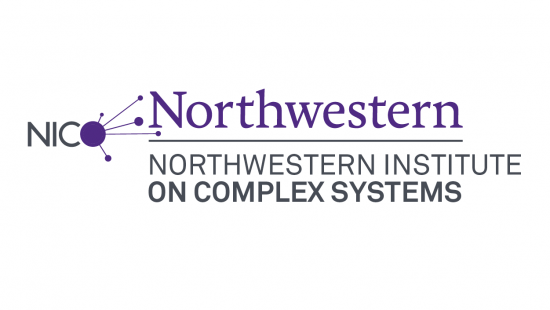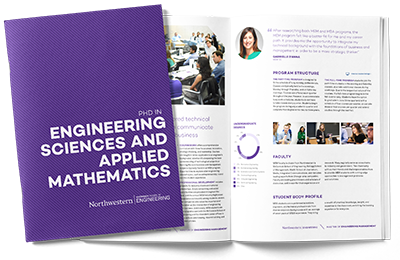
Study applied math within the engineering school
Our position within the engineering school is unique among applied math departments and drives connections across disciplines. We collaborate with most other engineering departments as well as Northwestern’s Weinberg College of Arts and Sciences and the Feinberg School of Medicine. Students and faculty work directly with engineers and scientists to tackle real-world applications at the cutting edge of science and engineering.




























